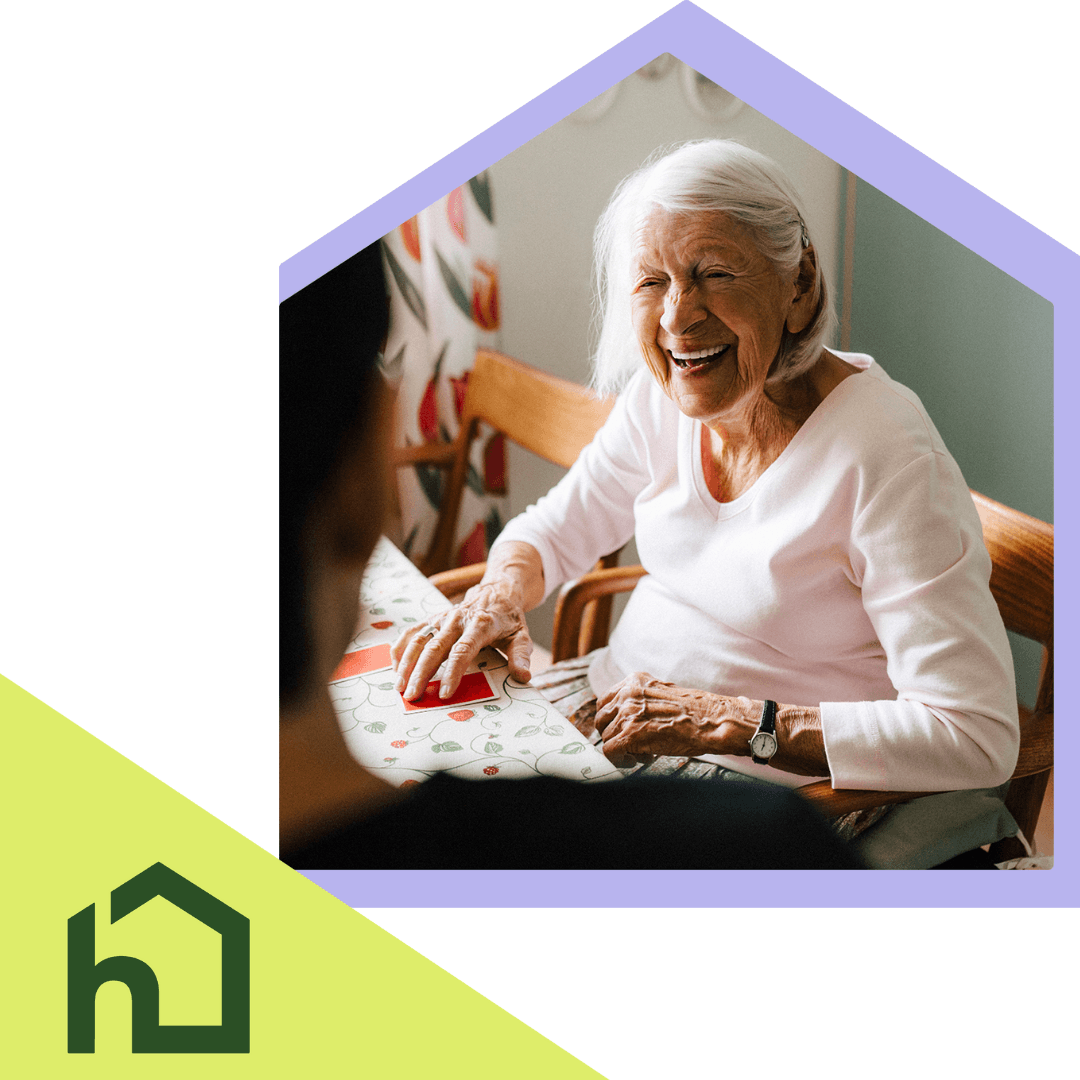How Assistive Technology Supports People with Dementia

How Assistive Technology Supports People with Dementia
Living with dementia presents daily challenges, including memory loss, communication difficulties, and mobility issues. However, advancements in assistive technology are significantly improving the way individuals manage these symptoms, enhancing their independence and overall quality of life. From smart home devices to emergency alert systems, these innovations provide reassurance for both those with dementia and their caregivers, promoting safety, reducing stress, and fostering a more comfortable living environment.
Key Assistive Technologies for Dementia Care
Technology plays a crucial role in helping individuals with dementia remain safe and independent at home. Below are essential tools designed to support daily living and well-being.
Smart Home Solutions
· Appliance Use Monitors track whether devices like stoves or lights have been left on, allowing caregivers to control them remotely via smartphone apps.
· Voice Assistants (e.g., Amazon Echo, Google Home) provide medication reminders, adjust home settings, and facilitate hands-free calling.
· Automated Pill Dispensers ensure the correct medication is taken at the right time, preventing missed doses.
Safety & Emergency Alerts
· Medical Alert Devices can detect falls and provide quick access to emergency services at the press of a button, with some featuring GPS tracking.
· Location Trackers notify caregivers if a loved one leaves a designated area, reducing the risk of wandering.
· In-Home Video Monitors offer real-time visuals and alerts for unusual inactivity, ensuring round-the-clock safety.
Memory & Communication Aids
· Dementia-Friendly Clocks display the time, date, and time of day clearly to minimise confusion.
· Talking Photo Albums aid memory recall by playing recorded messages when pictures are viewed.
· Adapted Telephones with large buttons and pre-programmed contacts simplify calling for those with cognitive difficulties.
Daily Living & Comfort Enhancements
· Music Therapy Speakers designed for easy use can enhance mood and reduce agitation.
· Adaptive Clothing & Eating Aids facilitate dressing and mealtimes with features like Velcro fastenings and easy-grip utensils.
· Bathroom Safety Tools (e.g., elevated toilets, grab bars, sliding transfer seats) promote independence and reduce the risk of falls.
Government-Backed Research for Dementia Support
People living with dementia are set to benefit from groundbreaking, government-backed research aimed at supporting their independence at home. Four expert-led research networks, consisting of top UK researchers, developers, and health and social care professionals, are working to develop innovative technologies that improve memory management, communication, and daily navigation.
These advancements aim to slow disease progression while ensuring individuals can live safely and comfortably in their homes for longer. A key aspect of this initiative is close collaboration with individuals living with dementia and their caregivers to ensure that new solutions address their evolving needs effectively.
This initiative aligns with the government’s Plan for Change, which seeks to enhance community-based care, improve outcomes for those with dementia, and reduce pressure on the NHS. By integrating these cutting-edge solutions, families can create safer, more supportive home environments while empowering individuals to maintain a sense of control over their daily lives.
Supporting Families with Compassionate Care
At Home Instead, we understand the challenges that come with caring for a loved one with dementia. Our dedicated team is committed to providing compassionate, person-centred support that integrates the latest assistive technologies to enhance safety, comfort, and independence. Whether you need guidance on selecting the right tools or require professional care services, we are here to help. Contact us today to learn more about how we can support you and your loved ones on this journey.